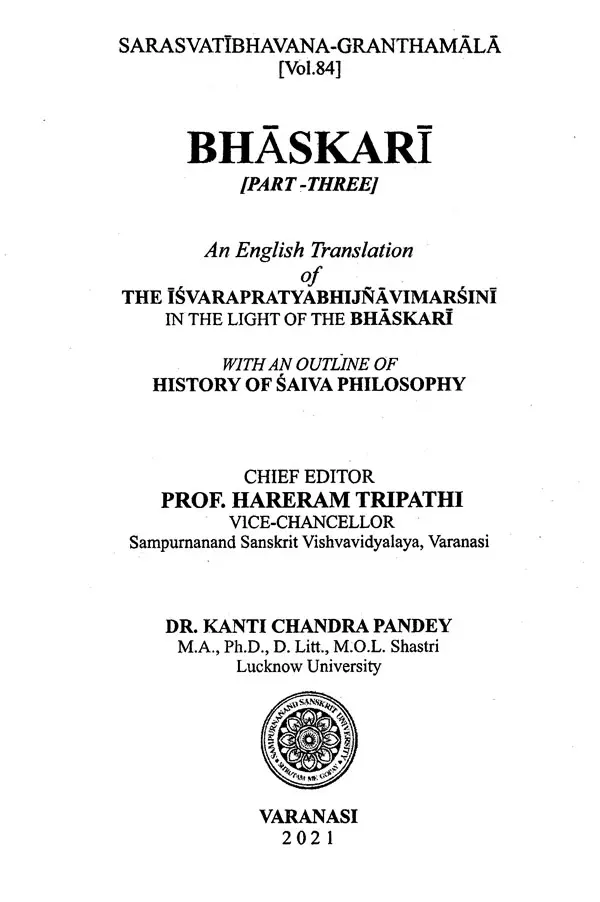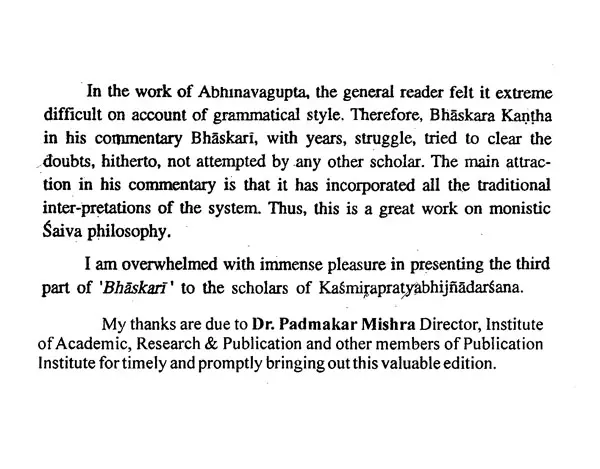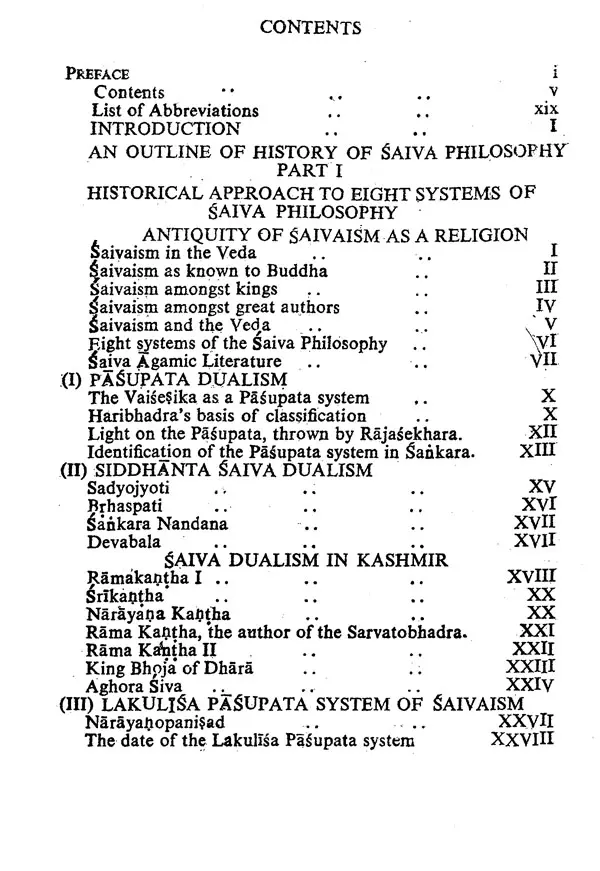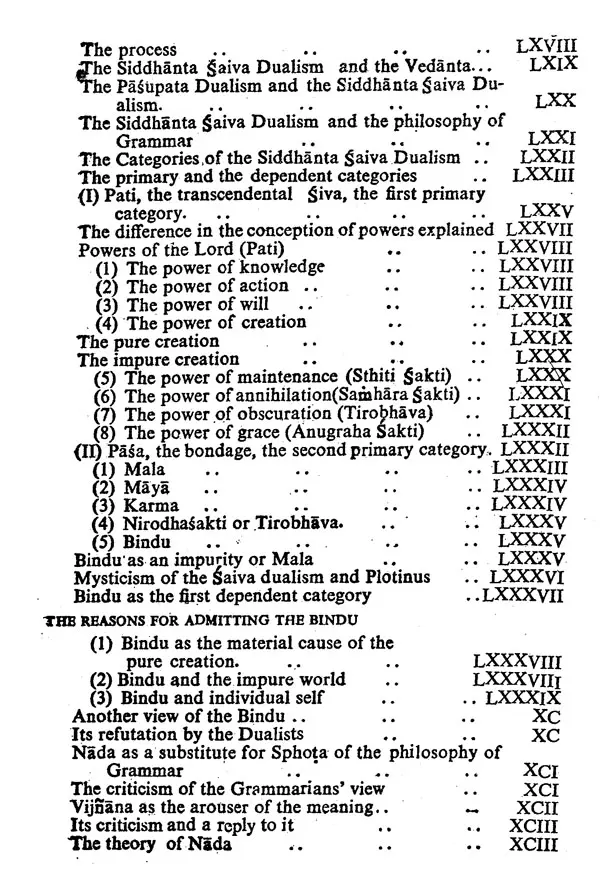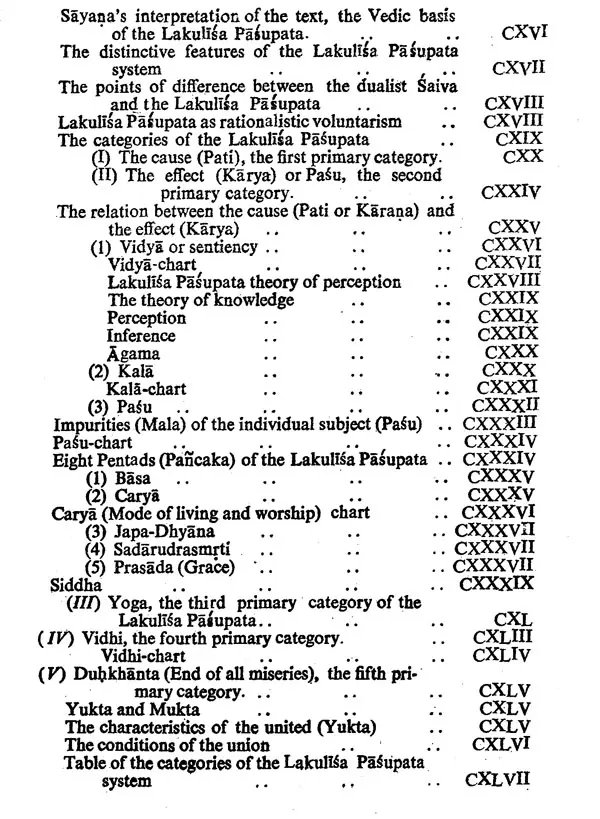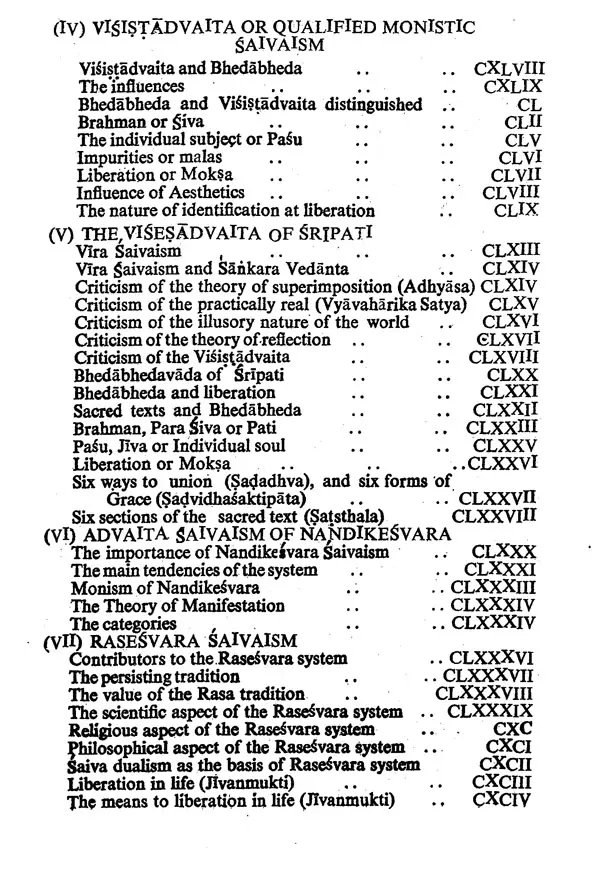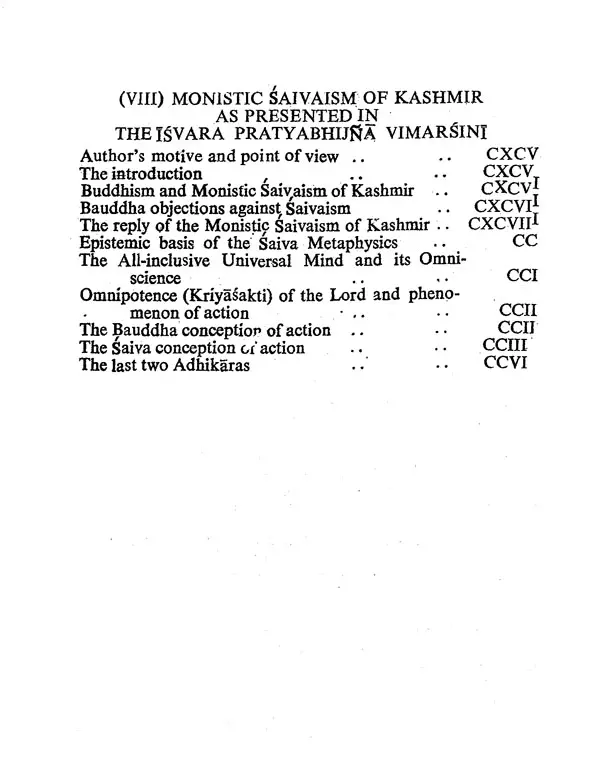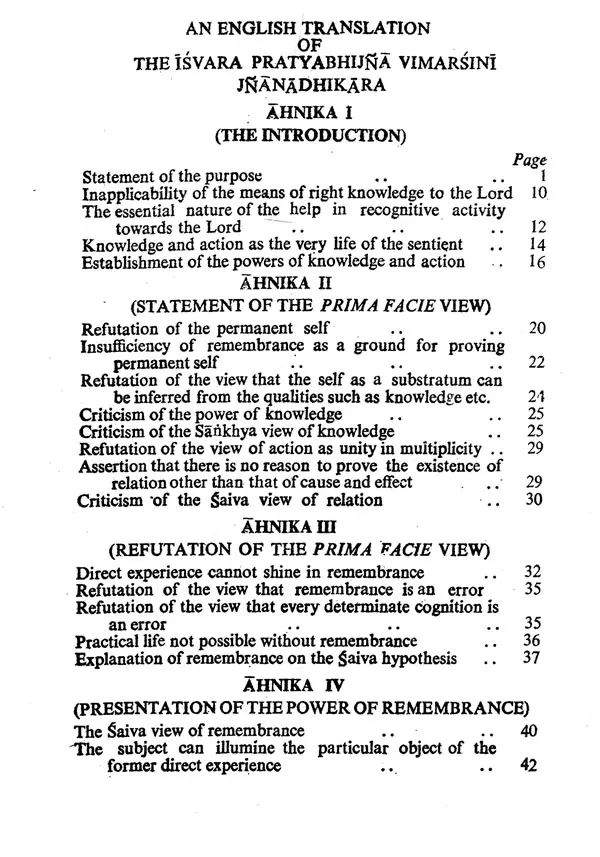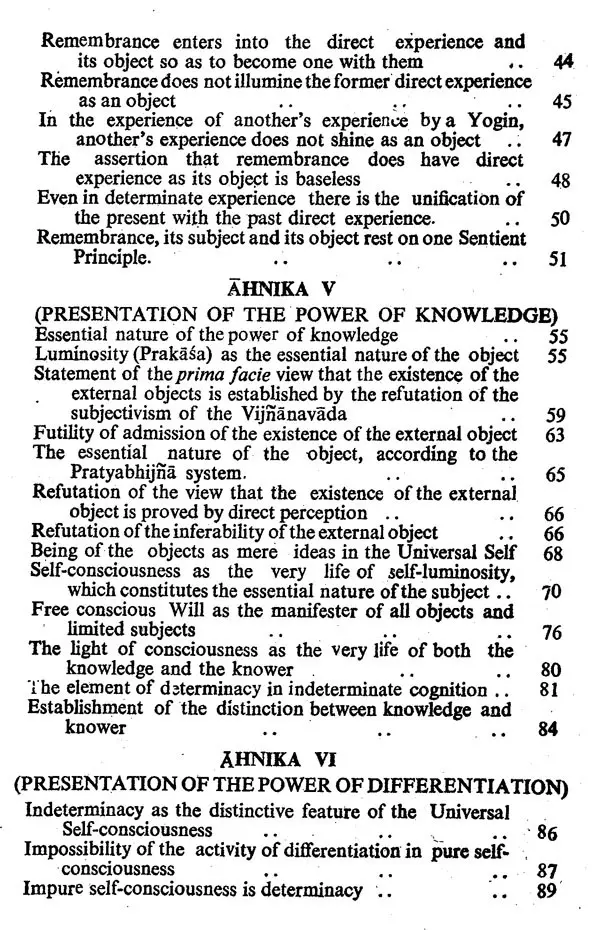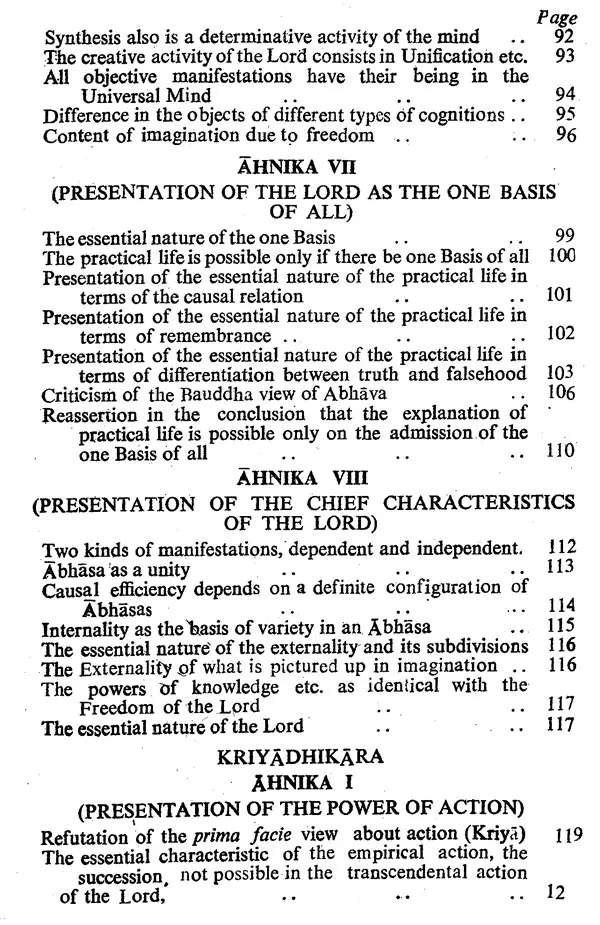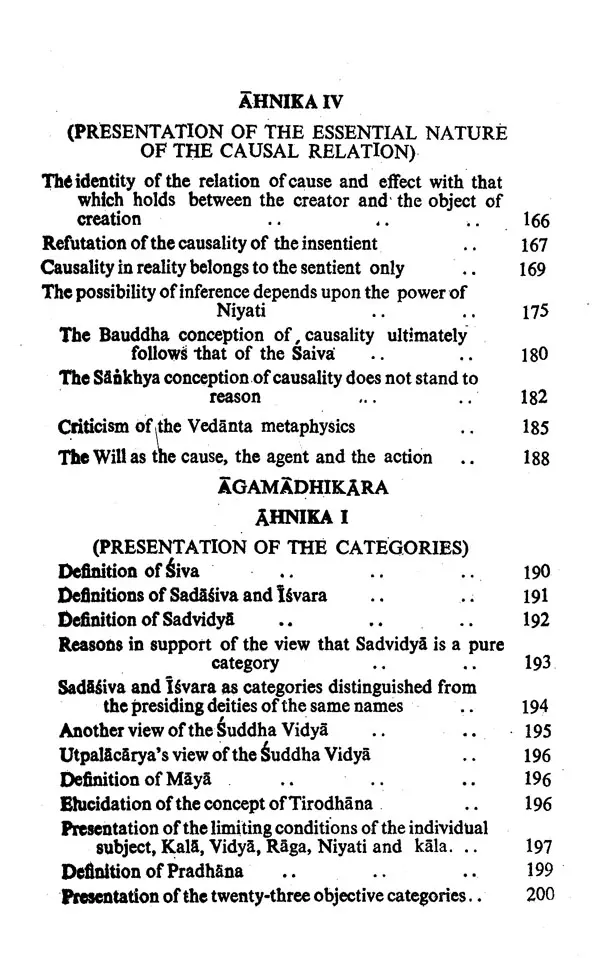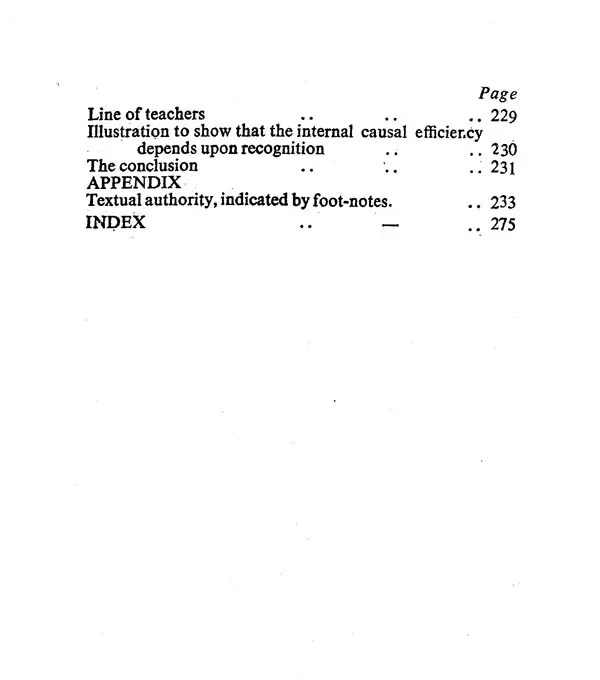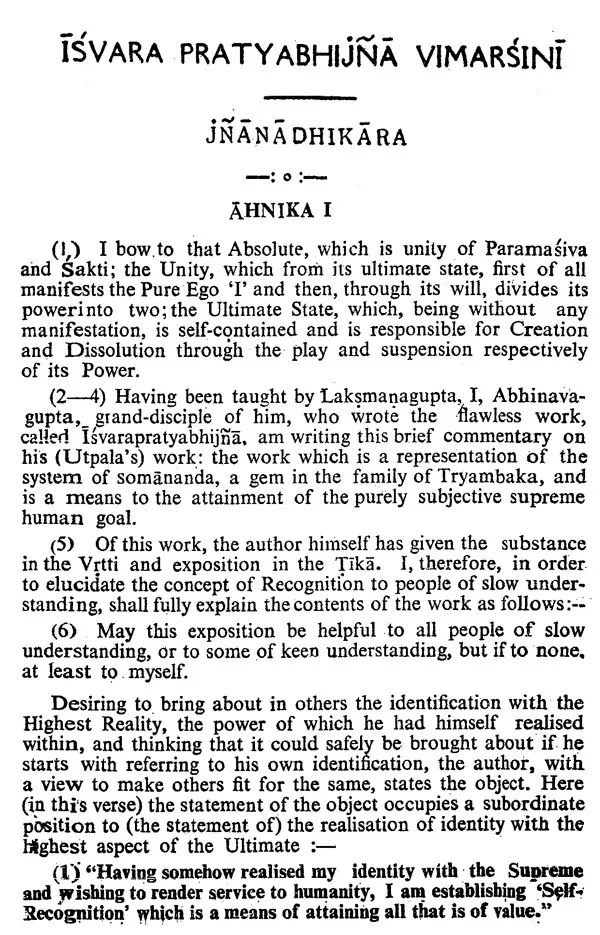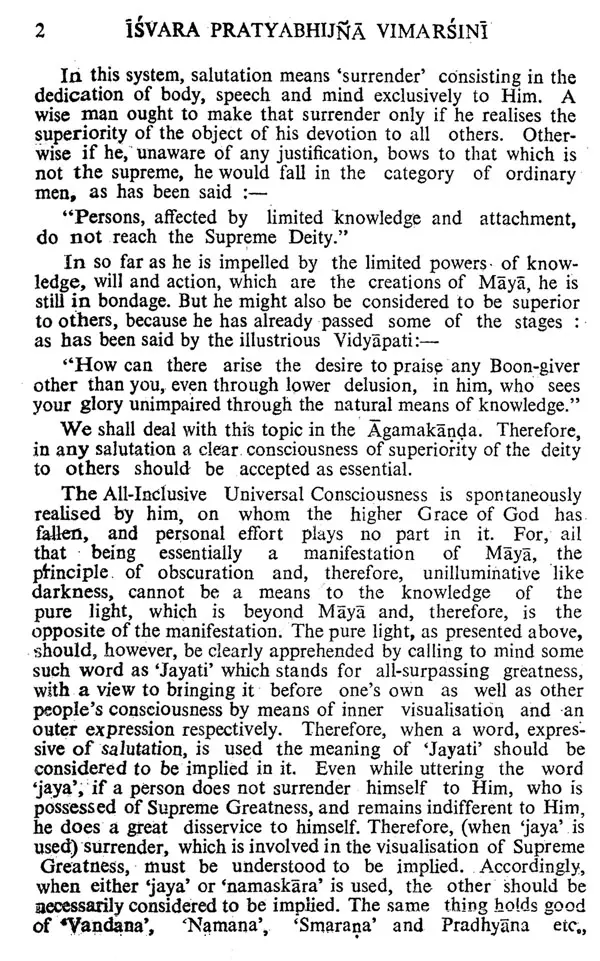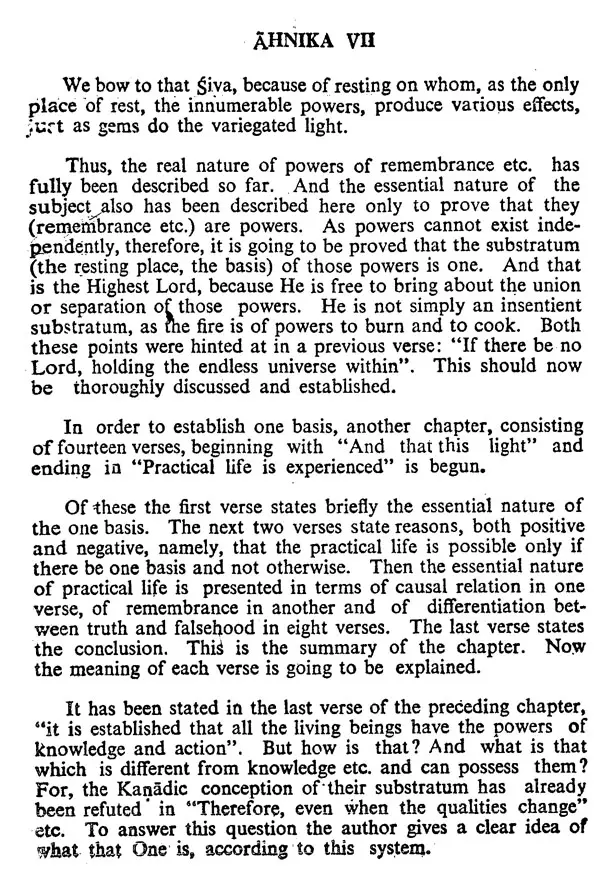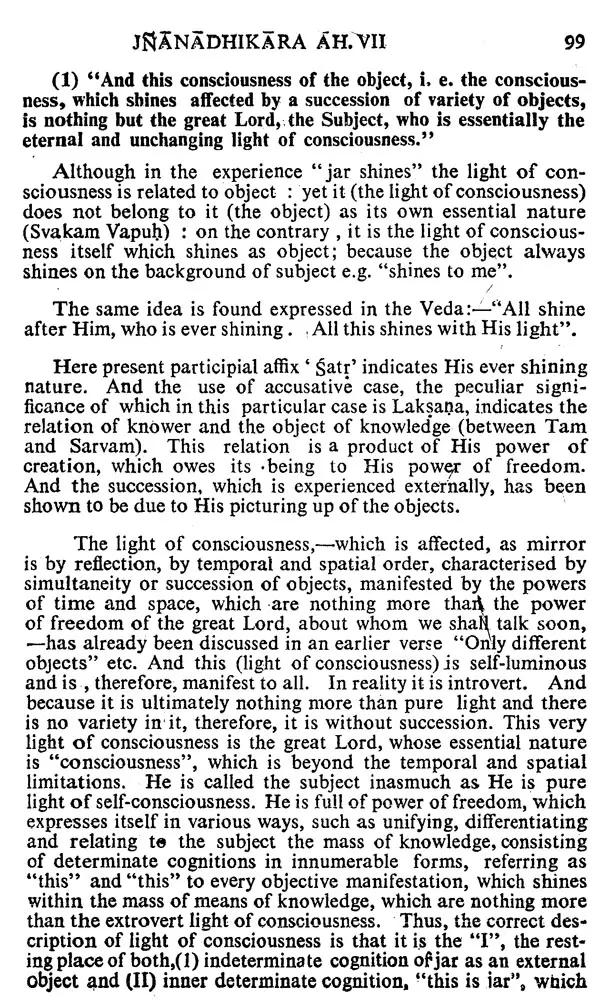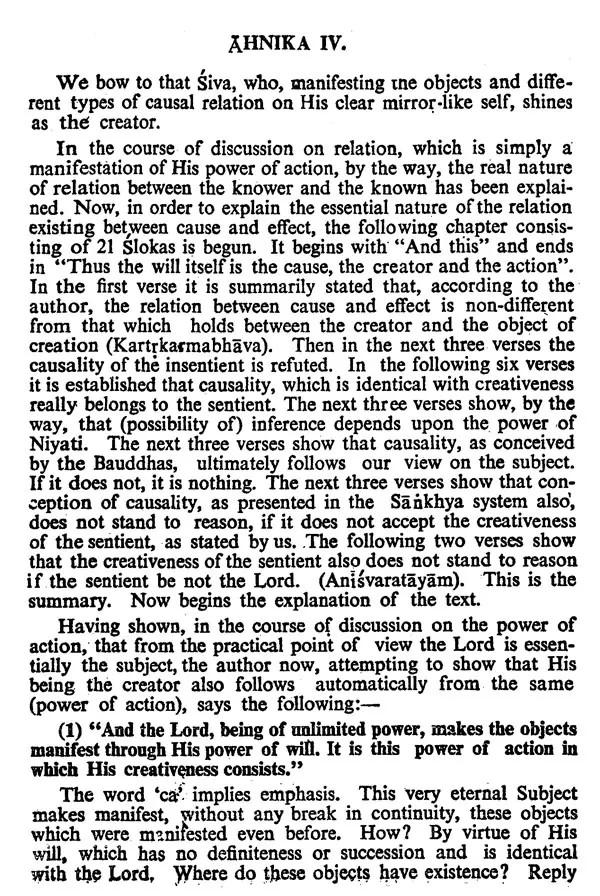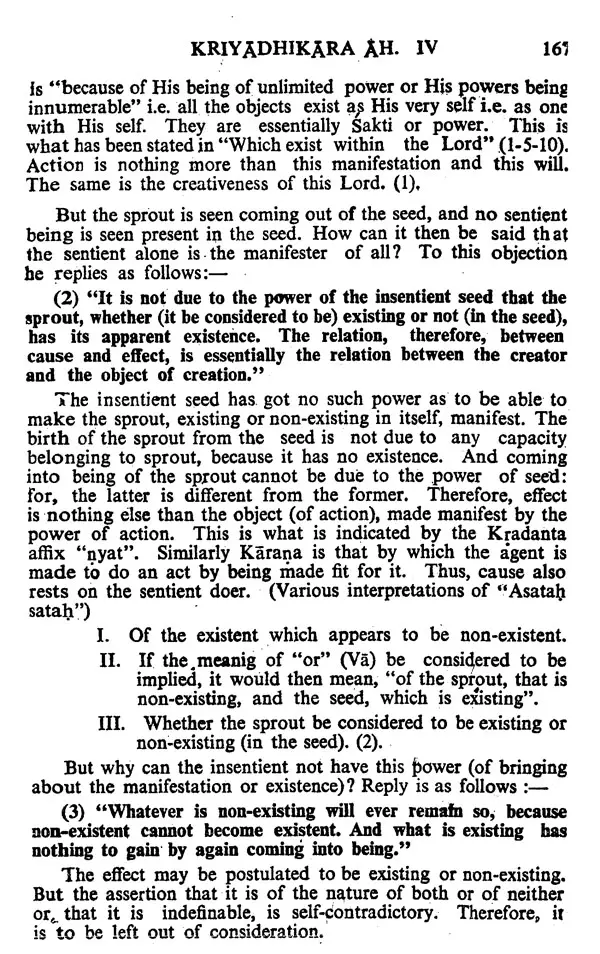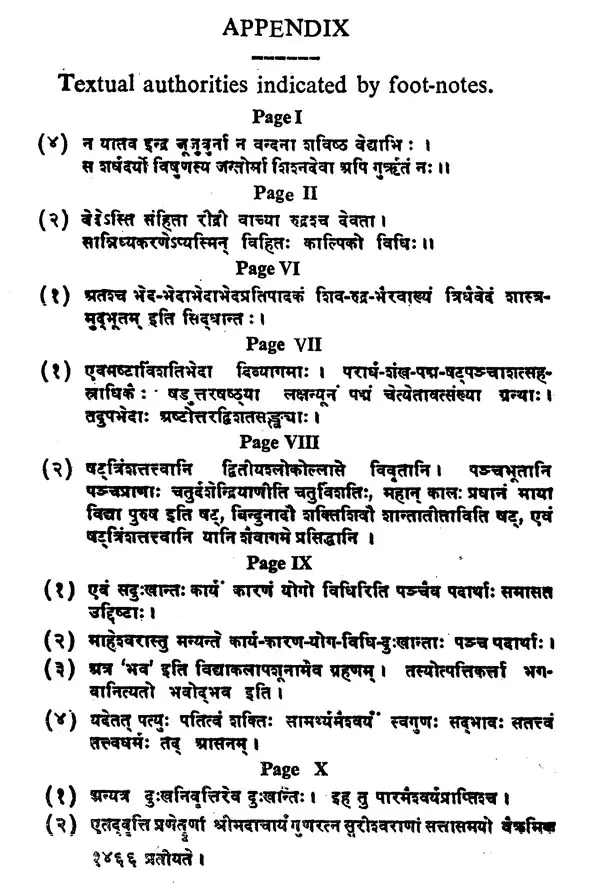
Bhaskari- An English Translation of The Isvarapratyabhijnavimarsini in The Light of the BhaskarĪ with an Outline of History of Saiva Philosophy
Book Specification
| Item Code: | UAL106 |
| Author: | Kanti Chandra Pandey |
| Publisher: | Sampurnanand Sanskrit University |
| Language: | English |
| Edition: | 2021 |
| ISBN: | 9788195580415 |
| Pages: | 537 |
| Cover: | HARDCOVER |
| Other Details | 9.00 X 6.00 inch |
| Weight | 730 gm |
Book Description
The present volume fulfils the promise, held out to the reader in my Abhinavagupta : An Historical and Philosophical Study (P. 152), to publish the Bhaskari with an English Translation of the Isvara Pratyabhijna Vimarsini of Abhinavagupta. It is the actualization of a dream, seen in Kashmir in 1931, the year of the discovery of the MS. of the Bhaskari.
It contains an English Translation of (1) the Isvara Pratyabhijna Karika of Utpalacarya and of (II) the VimarsinI, a commentary on the above by Abhinavagupta, in the light of the Bhaskari. These two are the well recognised authoritative texts, out of the six, referred to by Madhava in his Sarva Darsana Sangraha, in the section on the Pratyabhijna system, the Recognitive School of Kashmir.
The original work on the system is the Siva Drsti of Somananda (800 A. D.). The Isvara Pratyabhijna Karika of Utpalacarya, according to his own statement, is only a reflection (Pratibimba) of the system of Somananda. On his Karika he himself wrote two commentaries : (I) the Vriti : no complete MS. of this work has so far been discovered; the available portion has been published in the Kashmir Sanskrit Series : and (II) the Vivrti : only a fragment of this work has recently been traced in Kashmir, after a long and continuous search for it for about twenty-five years. Abhinavagupta wrote (I) the Vivrti Vimarsini, a commentary on the Vivrti, which also has been published in the K. S. S. without the original, and (II) the Vimarsini, a commentary on the Karika. Historically, the Vimarsini is the last of the available works of Abhinavagupta and, according to his own statement, summarily presents his views on the system. Thus, besides the Siva Drsti of Somananda, Utpalacarya's lsvara Pratyabhijna Karika and Abhinavagupta's Vimarsini on it, an English Translation of which is given in the following pages, are the only two complete texts on the system, available so far.
The Karika, without the commentary, the Vimarsini, is extremely difficult to understand. But the commentary also is from the pen of Abhinavagupta, whose style is notoriously. difficult. Therefore, to facilitate the understanding of these, the publication of the Bhaskari was undertaken.
Abhinavagupta is primarily a commentator. A reader, familiar with the commentaries on the philosophical works on the. Western Philosophy, will be struck with the difference in the method of the commentator. He will find that a point, though of very great importance from the philosophical point of view and, therefore, is seriously taken up for a comment, is yet given up after just a few words ; and another point is taken in hand, which does not seem to be closely related to the point just discussed. Such a reader has to remember that Sanskrit authors comment, not on isolated points of a system, but on every word of the original. They do not attempt to criticise and to present an advance on the ideas contained in the original text. Even when they do so, they always attempt to show that all that they say, is implied by a word, construction, affix, case or personal termination.
Therefore, while approaching the commentary, the Vimarsini, the reader has to jot down the philosophical points as they occur, eliminating the grammatical and other discussions, and arrange them systematically, in order to get the connected argument on a philosophical point.
**Contents and Sample Pages**
